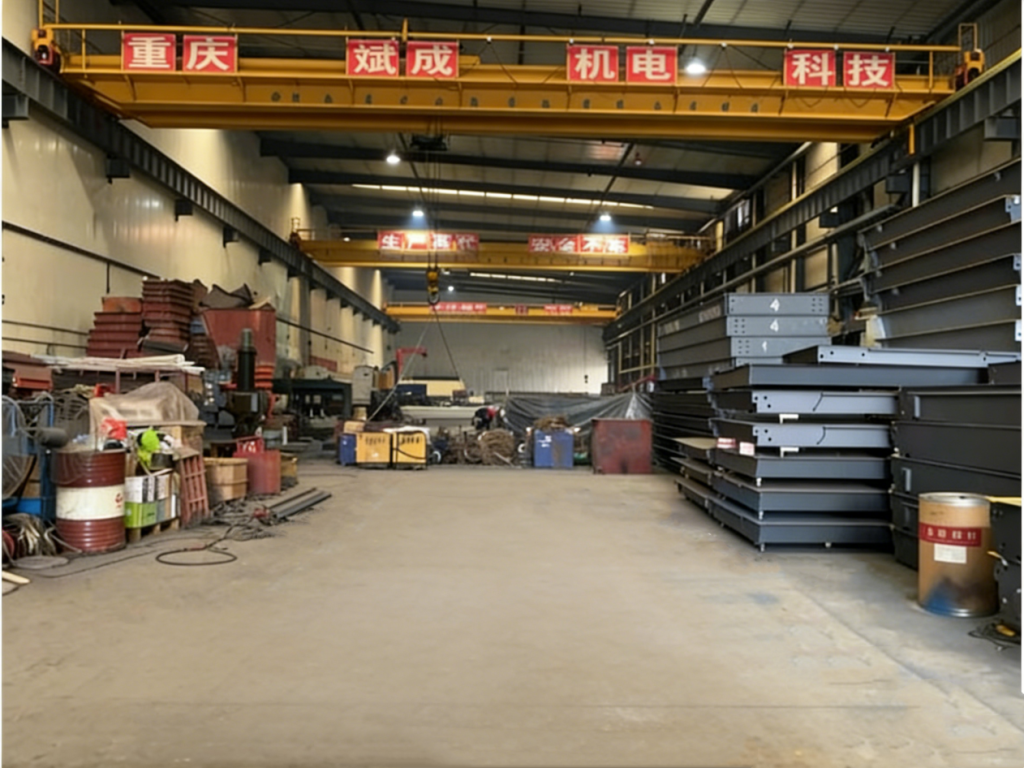How Often Do Axles Need to Be Replaced?
What Is an Axle and Why Is It Important?

The axle acts as the shaft which connects your wheels with the drivetrain. It is more than just a way to anchor wheels:
The transmission transmits power into the wheels
It supports the vehicle’s weight that includes cargo and passengers
Maintains wheel alignment to ensure stable handling
Common Types of Axles:
Drive Axle: Found in the majority of automobiles, it transmits engine power onto the wheel.
CV Axle (Constant Velocity Axle): It is equipped with CV joints which allow smooth turns, without sacrificing power.
Dead Axle: Isn’t able to transfer power, mostly supports the load of the car.
Without an axle that is functioning properly, the car will not perform as it ought to.
How Long Do Axles Typically Last?
The average lifespan of axles is between 75,000 to 100,000 miles. But, the lifespan of an axle can vary significantly:
Regular driving situations (highway use and light loads): Axles tend to last more towards the upper end of their range.
Extremely harsh conditions (off-road driving, potholes, frequent stop-and-go traffic): Lifespan may decrease drastically.
A lack of maintenance, such as ignoring tears in CV boots or leaks, may reduce the life of your axle by half.
The most important thing to remember is that there is no set time frame for replacement of the axle. Instead, frequent inspections and a keen eye on warning signs are crucial.
Signs Your Axle May Need Replacement
Your axle shouldn’t shut down without warning. Be aware of these typical signs of a damaged axle:
Clicking noises or clunking – especially when you turn, usually result from worn CV joints.
Vibrations that occur while driving – damaged axle shaft may result in uneven rotation, which can lead to a noticeable shake.
Leaks of grease – If you notice grease leaking in your undercarriage or around the wheels or CV boot, it is possible that the damaged one might be the reason.
Difficulty to move the vehicle – In extreme cases an axle that is completely damaged stops the car from moving.
Uneven tire wear – poor alignment of the axle may cause uneven tread patterns.
If you have any of the above symptoms, you should schedule an appointment for a professional inspection.
How Often Do Axles Need to Be Replaced?

In contrast to brake pads or oil, axles don’t follow a set maintenance schedule. Instead, replacement depends on:
Mileage – Most last 75,000-100,000 miles.
Driving habits – Acceleration that is aggressive or towing large loads or frequent off-road usage can reduce the lifespan of the axle.
Environment – Extreme temperatures, salty winter roads or muddy terrain speed up wear.
Maintenance – Regularly examining seals and CV boots helps avoid premature failure.
Rule of thumb: Get your axles checked at regular intervals like each oil replacement or rotation. Replace them if symptoms begin to appear instead of waiting for a complete failure.
Cost of Replacing an Axle
The cost of replacing an axle varies depending on the type of vehicle you have and the location:
- A single CV axle replacement: $300-$800 (parts plus labor)
- Front and rear axles: $600-$1,500
- Luxury cars or trucks: They can cost more than $2,000
Labor is a large amount of the total cost since the replacement of an axle requires disassembling suspension and drivetrain parts. Although it’s tempting to just replace one axle, however, many mechanics suggest replacement of both front axles simultaneously to improve the balance and long-term durability.
How to Extend the Life of Your Axles
Portable scales are widely used across industries—not just by trucking companies:
Fleet Operators & Logistics Companies – Ensure trucks meet weight limits before dispatch.
Construction & Mining Sites – Monitor heavy equipment weight on-site.
Law Enforcement & DOT Inspectors – Conduct roadside weight checks.
Agriculture Transport – Efficiently weigh farm products and livestock trucks.
Maintenance and Calibration Tips
The right driving habits and preventive maintenance will help you avoid premature replacement of your axle.
Here are some useful maintenance tips for your axle:
Regularly check CV boots and replace them if they are damaged or cracked to stop the loss of grease
Avoid driving aggressively – hard acceleration and abrupt turns can stress the axle
Do not overload your vehicle – The weight of the vehicle can reduce axle life
Keep your suspension in good condition – Dirty shocks or struts add load onto the axle
Take care when driving on rough roads – slow down when there are potholes, curbs and speed bumps
By following these guidelines, you will be able to significantly increase the life that your axles will last.
Conclusion
How often do axles require replacement? The answer is typically between 75,000 and 100,000 miles, however the conditions of driving, habits and maintenance play a more important role than the mileage.





